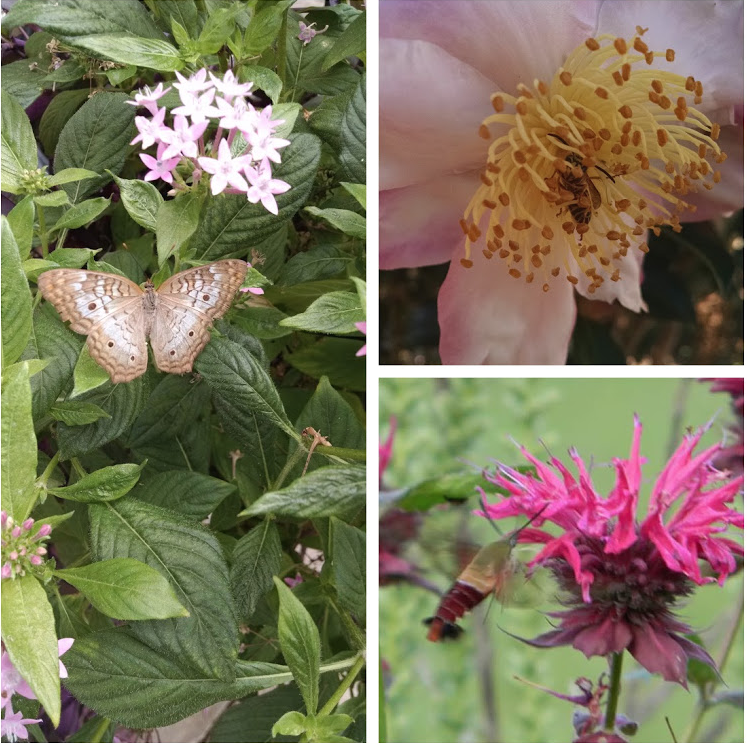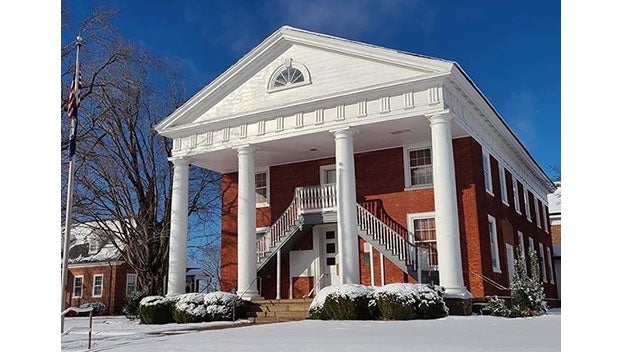Beneficials and pollinators
Published 2:43 pm Wednesday, April 5, 2017

- Pollinators include bees, butterflies and hummingbirds.
The time has come, and with a joyous heart, I am occupying myself with the planting of my vegetable garden seeds. I am also thinking about what flowers to companion plant.
I do have my garden beds planned regarding what vegetables will grow in them. However, I also plant flowers and herbs amongst the vegetables, primarily to invite and feed the beneficial insects and pollinators.
I also enjoy their intoxicating color and fragrance while working in the vegetable beds and have a steady supply to choose from for the occasional floral arrangement when needed. Attracting beneficial insects and pollinators to the garden is so very important. Without them our gardens would not be fruitful.
Beneficial insects include wasps, beetles and spiders. There are many different types, so it helps to know what you have in your garden when you see one. Rodalsorganiclife.com has lots of interesting information and pictures that help identify beneficial insects.
Parasitic wasps lay their eggs on or in a host, usually an undesirable caterpillar that is consumed by the wasp larva when they hatch.
Most people are familiar with Coccinellids, also known as Lady Beetle or Lady Bug. They are considered very useful in the garden because they dine on undesirable aphids or scale insects. When I find one inside my home, I will usually relocate it to one of my house plants.
Spiders, I must admit, creep me out. However, I have learned to appreciate them … it’s been a long, ongoing and somewhat trying process. I still get queasy when I think about the very large black and yellow Argiope spider I found happily making itself at home spinning and eating undesirable garden pests on my prickly pear cactus.
Pollinators include bees, butterflies and hummingbirds. I believe bees should be of the utmost importance for us to be familiar with. There is so much happening within the world that is adversely affecting the Honey Bee population. Declining natural habitat and many other serious issues are threatening their very existence. If I had to choose one pollinator to ask everyone to educate themselves more on, it would be the Honey Bee.
Butterflies are also great pollinators as well as beautiful and fun to watch as they flit flower to flower weightless through the summer sunshine.
Hummingbirds are also pollinators. They like tubular, nectar-rich blooms, but I have seen them happily feeding on a variety of plants in my perennial gardens.
To attract more pollinators to your garden, plant some nectar and pollen-rich flowers.
You don’t need to have a large garden or any garden at all to entice these creatures. You can simply plant some flowers in planters and keep them where you like in the sun and the pollinators will find them.
Dawn Conrad is a columnist for The K-V Dispatch. Her email address is conrad.gardenmuse@gmail.com.





